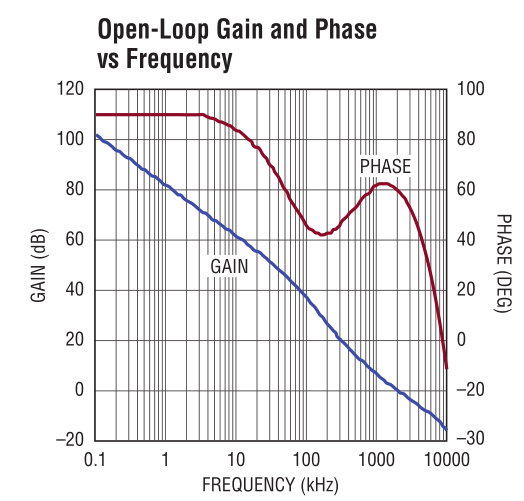GBP (Gain Bandwidth Product) is calculated from the slope of gain vs frequency. If the actual curve is not a straight line at -20dB/decade then a test frequency may be specified to provide best fit. In the case of the LTC6091...

...above ~80kHz the curve steepens, so choosing a higher frequency would produce inaccurate results. Also the maximum output swing decreases at higher frequencies. The LTC6091 can produce 140V at 20kHz, but almost nothing at 2MHz - so 2MHz would not be a good test frequency! Finally, (not shown on this graph) all op amps have a low frequency corner below which the gain flattens off, so measuring gain at a very low frequency would not be accurate either.
BTW having a GBP of eg. 12MHz does not necessarily mean that you can use it as a unity gain buffer at that frequency. In this case the deviation from ideal slope causes unity gain to occur at ~2MHz.

